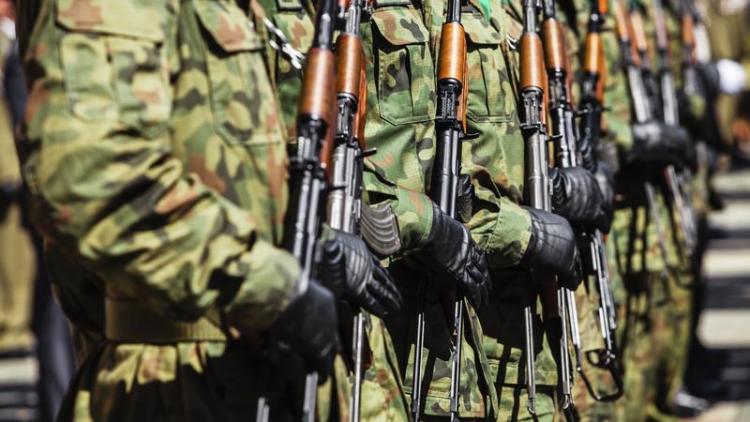
The military, in many Arab countries, has occupied a pivotal position in the structure of modern Arab states since their inception and has played political roles of varying importance. Those roles were reinforced after a wave of military coups in the 1950s and the 1960s when the military institution came to the political forefront and managed government affairs for decades both directly and indirectly.
With the outbreak of the Arab Spring and the movements for political change in several different countries, the positions of Arab militaries varied depending on the specific contexts in each country. While the Tunisian army remained neutral during and after the Tunisian revolution, the Egyptian army supported the 25 January revolution and was a major player in the political scene during the transitional phase until authority was reinstated mid-2013. As for Libya, Gaddafi’s squadrons confronted Libyan demonstrators with force and defended the regime until its fall. Meanwhile, in Yemen, the army was paralysed due to divisons between anti-revolution and pro-revolution forces and tribal loyalties. Similarly, in Syria, the military has confronted popular protests and aligned with the regime on sectarian grounds since the beginning, prompting a series of defections. In other Arab countries, the military maintains the status-quo in varying degrees in terms of both politics and governance or economy and security.
- What are the specific positions of Arab armies and their positions in relation to the Arab Spring?
- What is the impact of the revolutions on armies and what is their political role and constitutional position?
- What is the size of challenges facing the military in Arab countries which have not seen revolutions?
- Similar experiences from Turkey, Indonesia, Pakistan and Latin American
Speakers:
- Mohamed Al-Amin Khalifa, retired military officer and political activist in Sudan
- Wathaq al-Hashimi, President of the Iraqi Group for Strategic Studies
- Ayesha Siddiqa, Charles Wallace Fellow at St Antony’s College, Oxford
- Tareq Al-Zumour, Founder of Building and Development Party in Egypt
- Tewfik Hamel, a researcher in military and defence history Ismail Numan Telci, Deputy Director of the Centre for Middle Eastern Studies in Sakarya University

